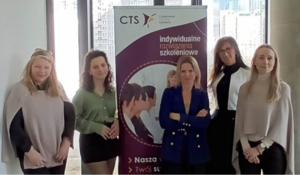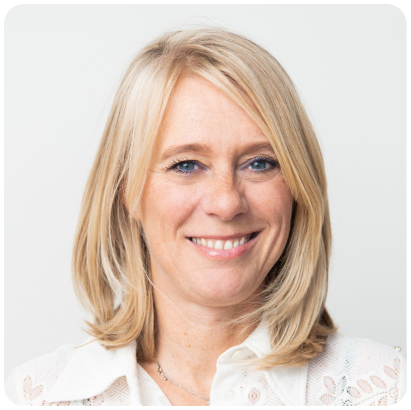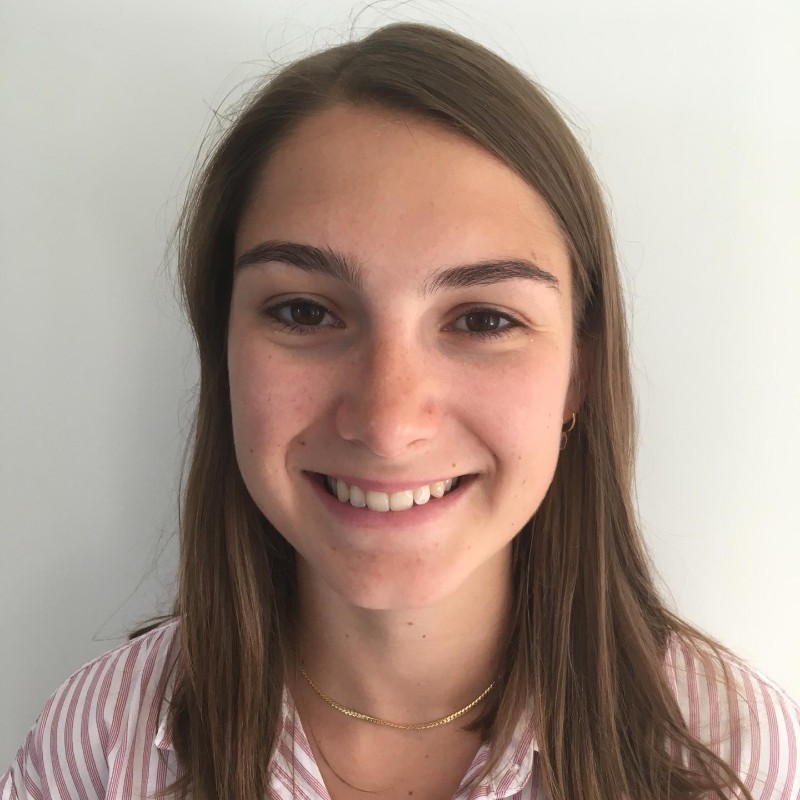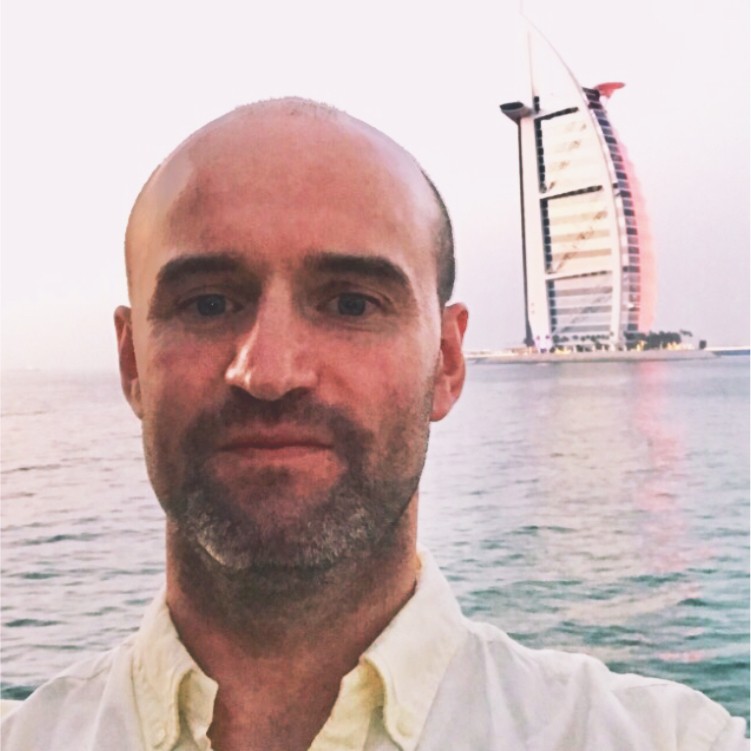
Project FOSTER benefits from grant from Iceland, Liechtenstein and Norway
Project "FOSTER - How to cope in everyday life, using technology wisely? Educational toolkit for teenagers in foster homes and their caregivers" benefits from a €74.429,40 grant from Iceland, Liechtenstein, and Norway.
.png?width=848&height=165&name=Untitled%20design%20(24).png)
On March 8th and 9th,2023, meetings of 3 partners from 2 countries were organized in Warsaw: Iceland (Kara Connect) and Poland (CTS Customized Training Solution and CASE Center for Social and Economic Research). During the first day of the meeting, the results of the activities undertaken in the Project were presented:
- Kara Connect report "Out-of-school education for young people at risk of social exclusion in Iceland – an overview of offers and innovative educational tools", on the issue of teaching about new technologies and their use in everyday life and on the issue of teaching through new technologies. The publication contain concrete examples of tools and innovative tools used in Iceland, together with an assessment of the possibility and relevance of applying these solutions in Poland.
- CASE report entitled: "How to cope in everyday life, using digital technologies wisely? Diagnosis of educational needs of teenagers in foster homes in the area of using new technologies". The analysis contains a description of the initial state related to the educational needs of children from orphanages in relation to the use of modern technologies in everyday life. The analysis also identifies key topics where educational action should be taken (Digital footprint and identity; Privacy and security; Relationships and communication; Hate speech, hate; Financial management)
- Educational materials entitled: "How to cope in everyday life, using digital technologies wisely?". Educational materials have been created for children and carers in foster homes, on 5 selected topics. Among the materials for teenagers there are: videos, infographics, graphics, educational games and training packages. Materials for educators include: instructional videos, training scenarios, instructions for conducting trainings and a manual in electronic and paper versions.

The meeting was also an opportunity to exchange information on care systems for children in foster homes and foster families, both in Poland and Iceland. The partners exchanged knowledge, insights and proposals to help children in orphanages, also with regard to the use of digital technologies. During the meeting, further activities that will be taken as part of the implementation of the Project were also discussed.
During the second day of the meeting, the Partners visited a Warsaw children's home. The management of the institution answered in detail the questions and issues of interest primarily to the Partners from Iceland, concerning the functioning of the institution, forms of external assistance, general availability of the place and the situation of teenagers. There was an exchange of good practices; KaraConnect partners were happy to share their own experiences and competences.
Project meetings can be described as very fruitful, they gave the opportunity to increase knowledge about the situation of children growing up in foster homes in Poland and foster families in Iceland. We can certainly talk about strengthening the partnership on education between Poland and Iceland through the transfer of knowledge from the Icelandic partner, specializing in digital inclusive education and education regarding the social welfare system.


.jpg)

